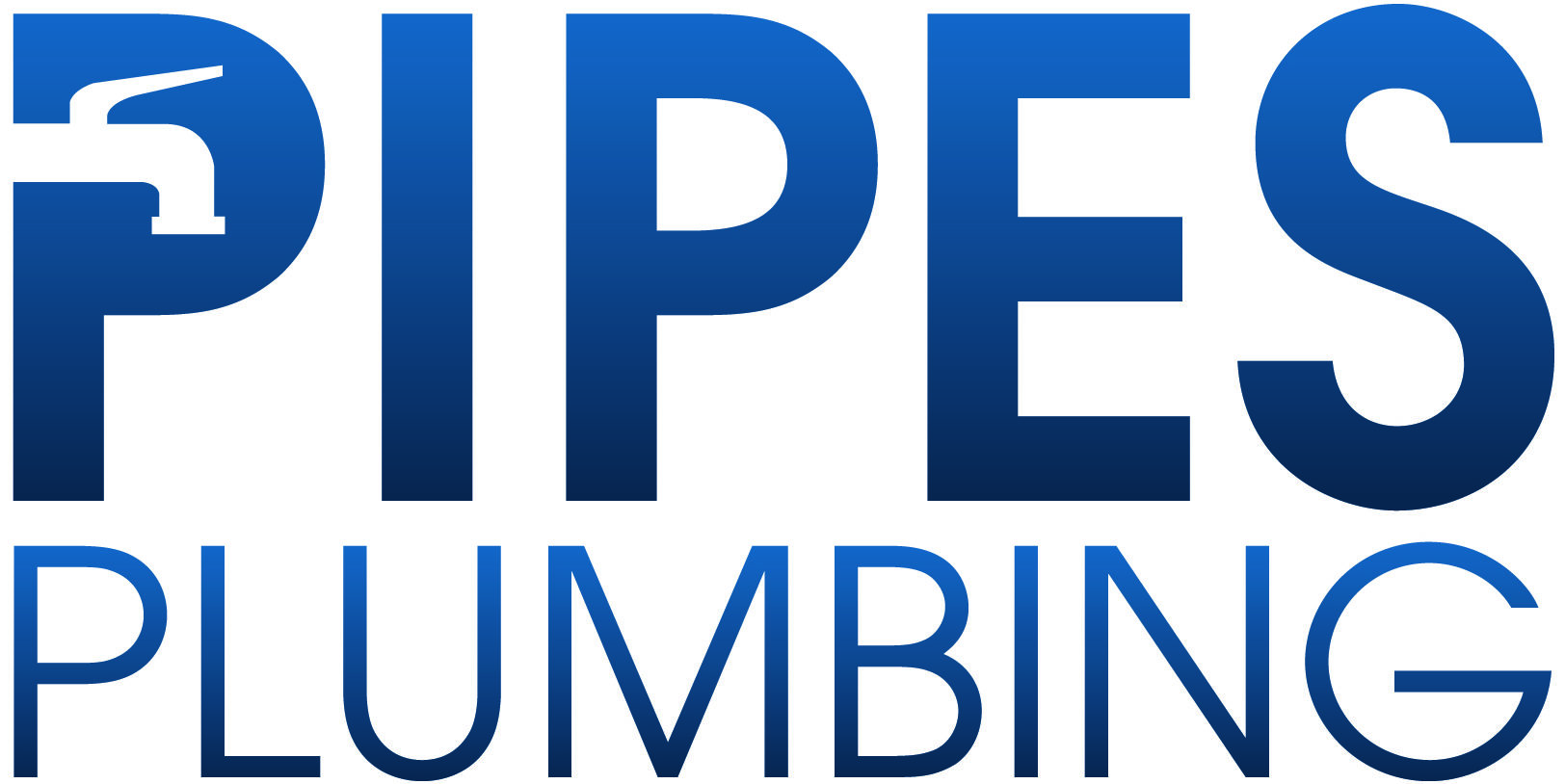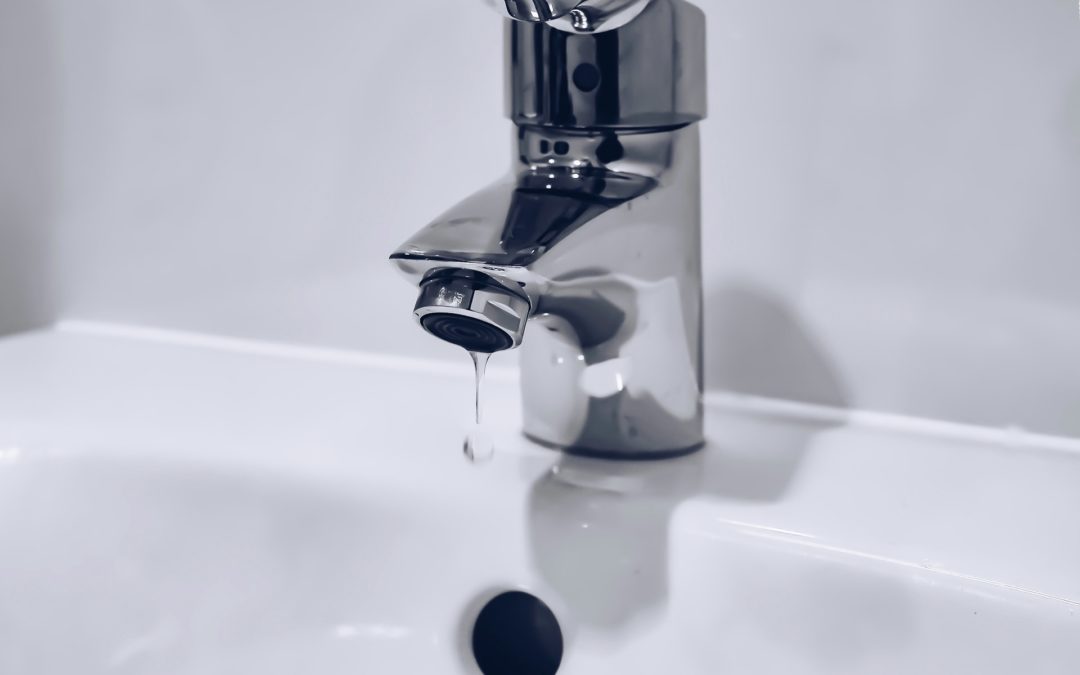As environmental concerns become increasingly important in our daily lives, many homeowners and business owners are seeking ways to adopt more sustainable practices, including within their plumbing systems. Implementing eco-friendly plumbing solutions can significantly reduce water consumption, lower energy usage, and decrease your impact on the environment. In this blog post, we’ll explore some of the best eco-friendly plumbing tips that can help you create a more sustainable home or business.
Embracing sustainable plumbing practices not only contributes to environmental protection but also comes with numerous advantages. First and foremost, it leads to increased cost savings, as reduced water and energy consumption can help lower your utility bills. In a time when water shortages and rising energy costs continue to be pressing concerns, this is an important consideration for property owners.
Water-Saving Fixtures and Appliances
One of the most straightforward ways to make your property’s plumbing more eco-friendly is by investing in water-saving fixtures and appliances. Switching to high-efficiency products can significantly reduce your overall water consumption and utility bills. Some of the most popular water-saving solutions include:
- Low-flow faucets: These fixtures are designed to reduce water flow rates without compromising water pressure, helping you save water every time you turn on the tap.
- Low-flow showerheads: Similar to faucets, low-flow showerheads provide adequate water pressure while using less water, resulting in considerable water savings during each shower.
- Dual-flush toilets: This type of toilet features two flush options – one for liquid waste and another for solid waste – allowing for considerable water savings when managing different types of waste.
- Energy-efficient appliances: High-efficiency washing machines and dishwashers are specifically designed to use less water and energy while maintaining optimal performance.
Smart Water Management Technologies
Another effective way to reduce water consumption and energy usage in your home or business is by implementing smart water management technologies. These advanced systems help monitor, control, and optimize your property’s water usage. Some examples of smart water management technologies include:
- Smart irrigation systems: These systems use advanced sensors and weather data to adjust watering schedules and amounts, ensuring your landscape is watered efficiently and sustainably.
- Leak detection devices: Installing leak detection sensors can help identify and alert you to potential water leaks or pipe damage, allowing for prompt repairs and reducing water waste.
- Water usage monitoring systems: By installing water monitoring devices, you can track real-time consumption data, helping you identify areas where water use may be excessive and providing insights for potential improvements.
- Smart water heaters: Equipped with advanced features such as energy-saving modes and precise temperature control, smart water heaters help optimize energy usage and maintain consistent water temperature levels.
Proper Plumbing Maintenance and Repair
Maintaining your plumbing system in good condition is a crucial aspect of creating a sustainable home or business. Regular inspections and timely repairs can help prevent leaks, reduce water waste, and optimize system efficiency. Some essential maintenance and repair practices include:
- Inspecting your plumbing system: Conduct routine checks for signs of leakage or potential damage, such as damp spots, mold growth, or pooling water.
- Repairing leaks and damaged pipes: Promptly address any identified leaks or pipe damage to prevent further water waste and potential property damage.
- Cleaning or replacing clogged drains: Keep your drains clean and free of debris, and replace them when necessary to ensure optimal water flow and reduce strain on your pipes.
- Scheduling professional inspections: Regularly engage the services of a professional plumber to thoroughly inspect your plumbing system and ensure it is in optimal working condition.
Water Conservation Practices for Homeowners and Businesses
In addition to making upgrades and maintaining your plumbing system, adopting water conservation habits can further reduce your property’s environmental impact. Some practical water conservation tips for homeowners and businesses include:
- Collect and reuse rainwater: Install a rainwater harvesting system to collect and store rainwater for use in irrigation, flushing toilets, or even laundry, depending on local regulations.
- Choose native and drought-tolerant plants: Selecting native and drought-tolerant plants for your landscape reduces the amount of water required for irrigation.
- Implement water-saving habits: Encourage family members or employees to adopt water-saving habits, such as turning off the tap when brushing their teeth, taking shorter showers, or only running the dishwasher and washing machine with full loads.
- Educate and create awareness: Teach those around you about the importance of water conservation and provide them with practical tips and resources to implement in their daily lives.
Conclusion
Creating a sustainable home or business through eco-friendly plumbing practices benefits both the environment and property owners. By investing in water-saving fixtures, adopting smart water management technologies, maintaining existing plumbing systems, and promoting water conservation, you can significantly reduce your property’s environmental impact while enjoying cost savings and enhanced property value.
If you’re ready to make your home or business more sustainability-focused, turn to Pipes Plumbing, the expert plumbers in Ottawa, for professional guidance and services tailored to your property’s needs. Start making a positive impact today – schedule a consultation with our sustainability experts!


Recent Comments